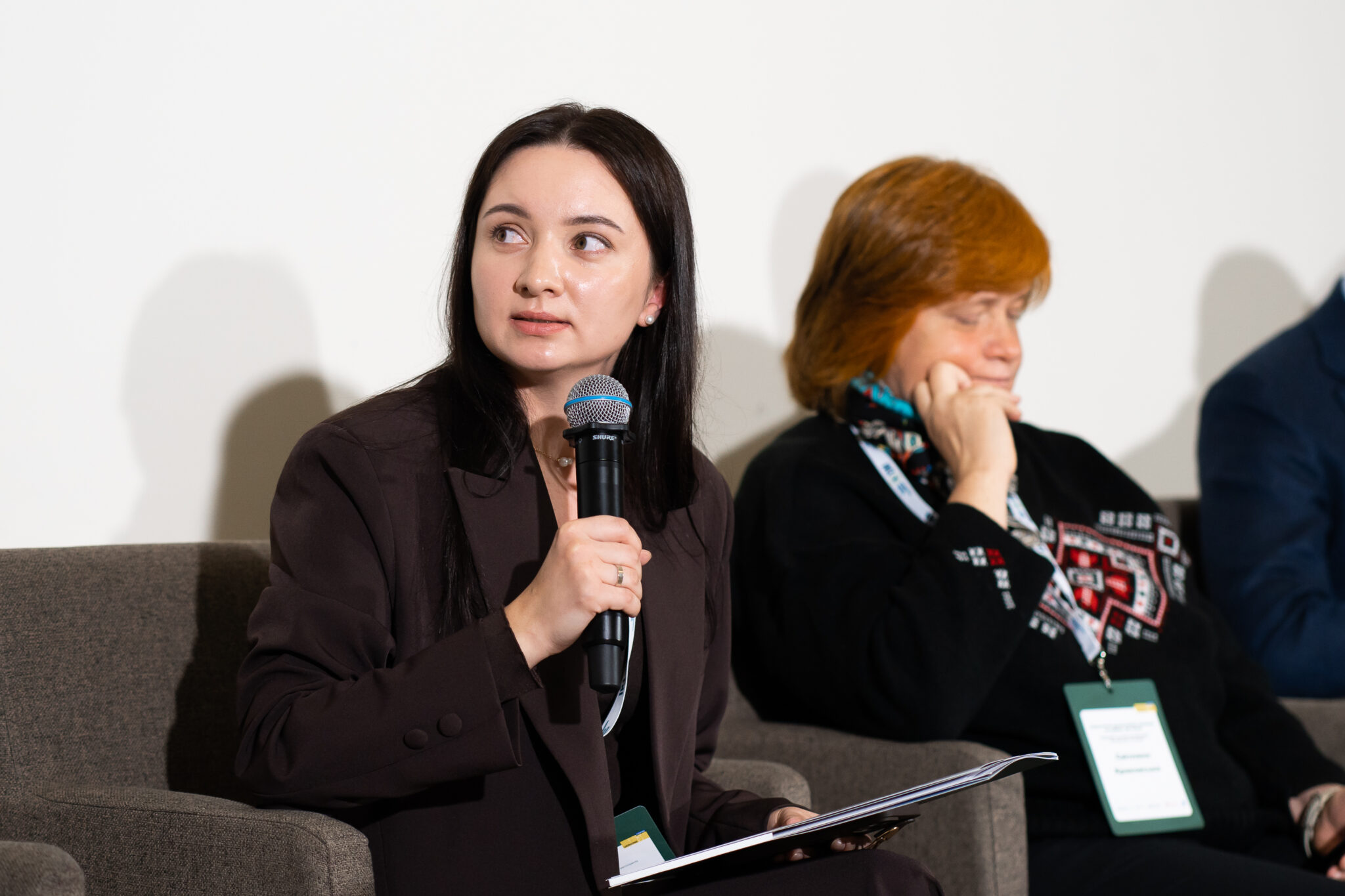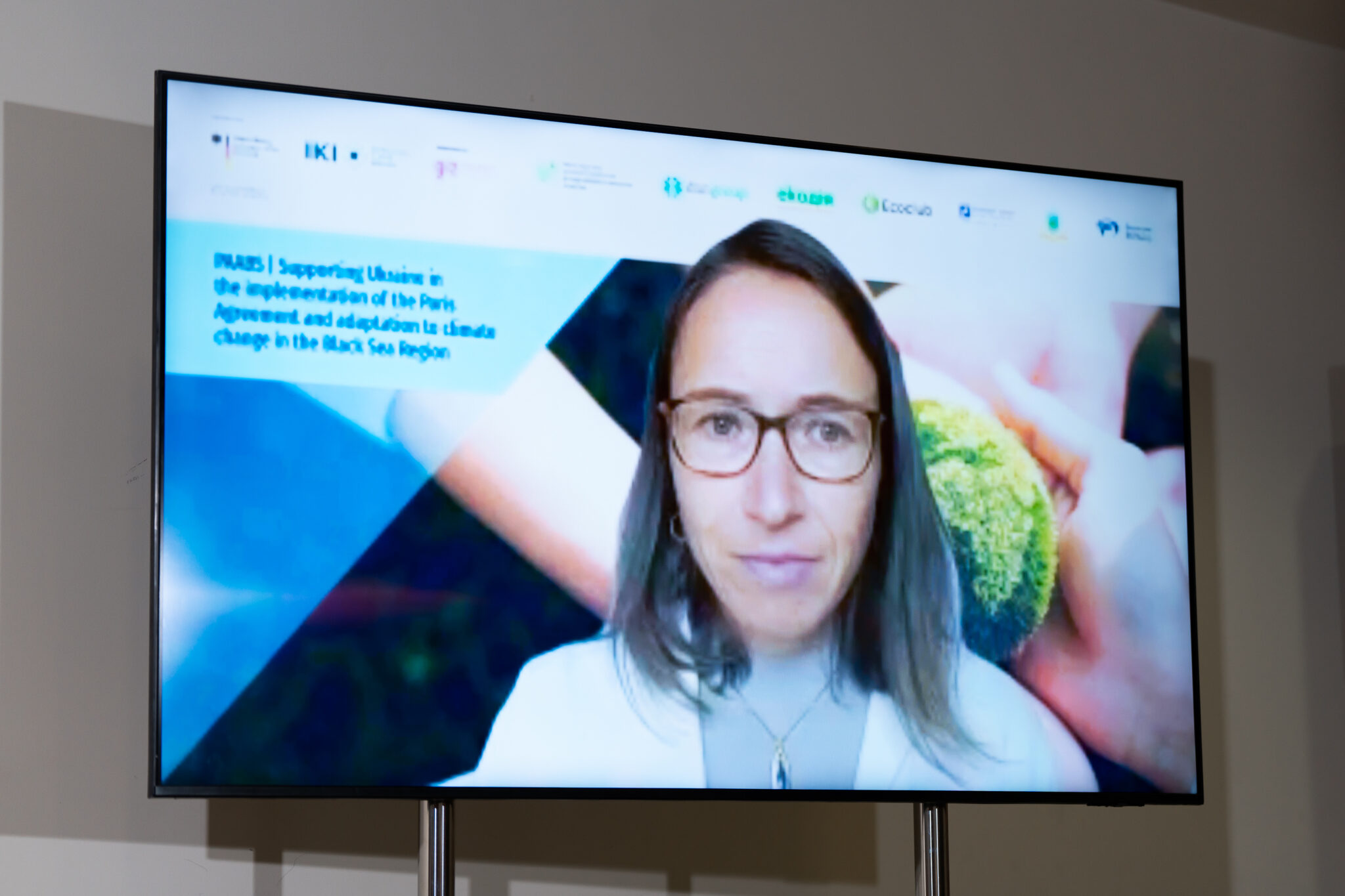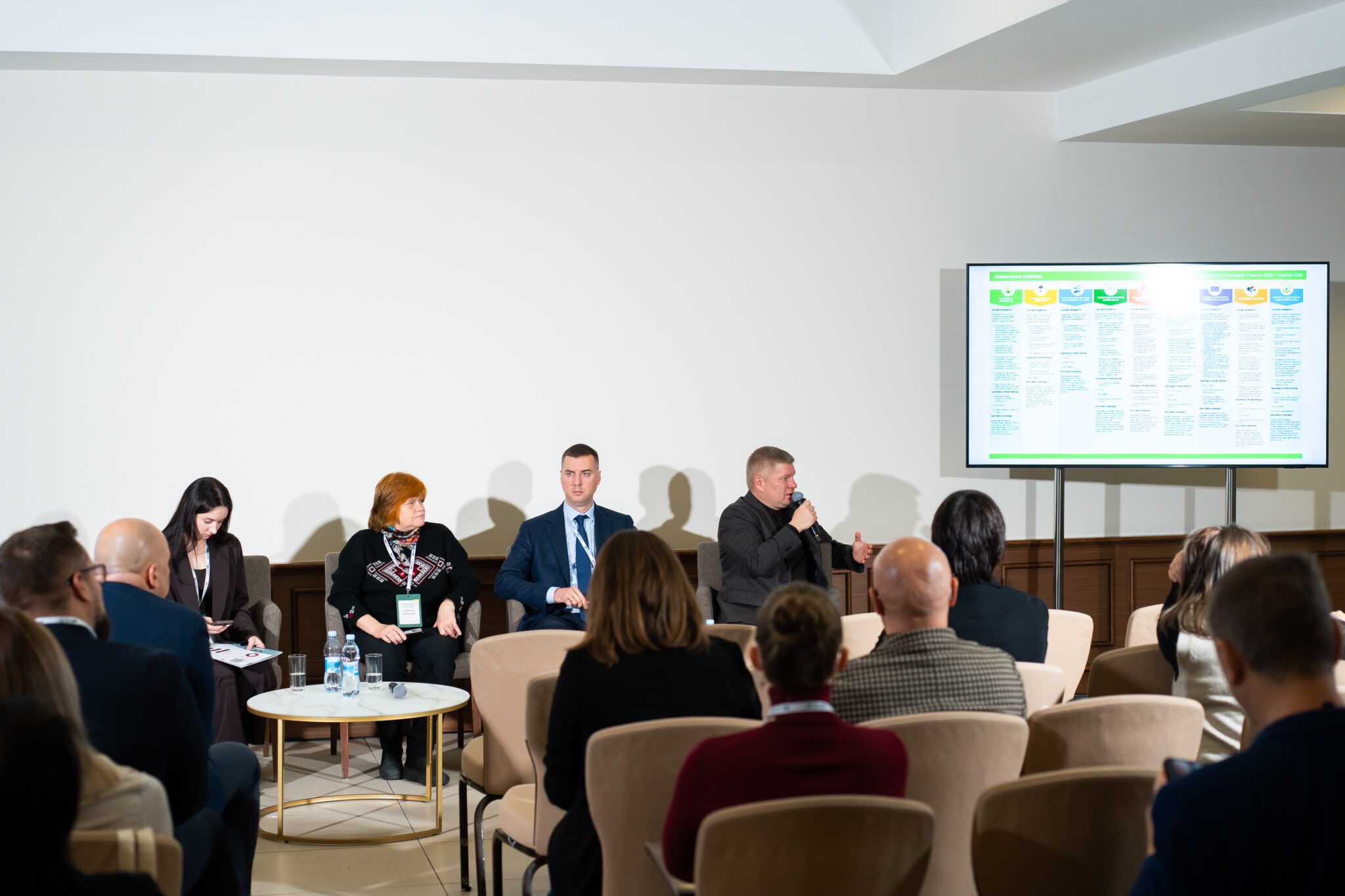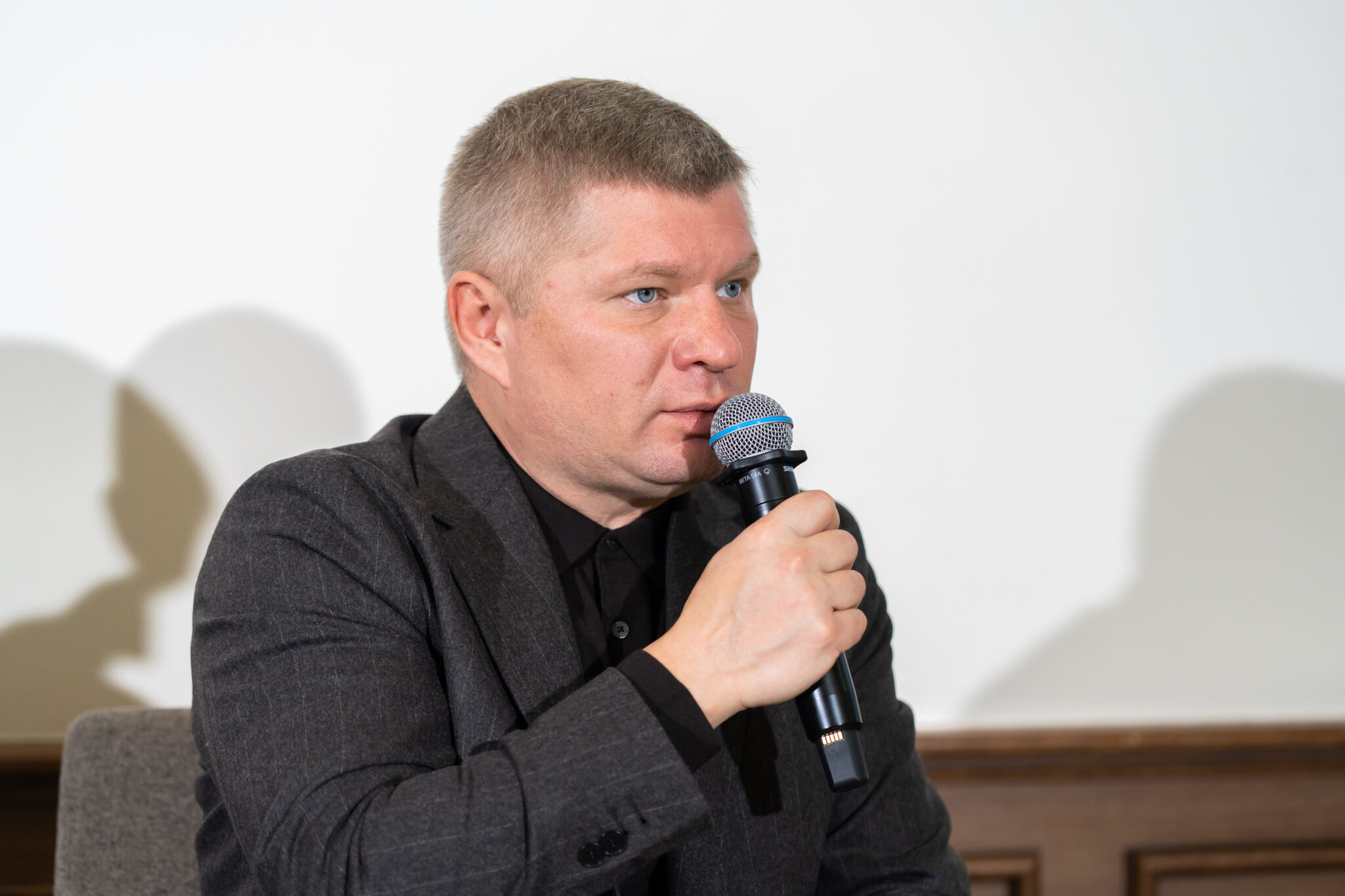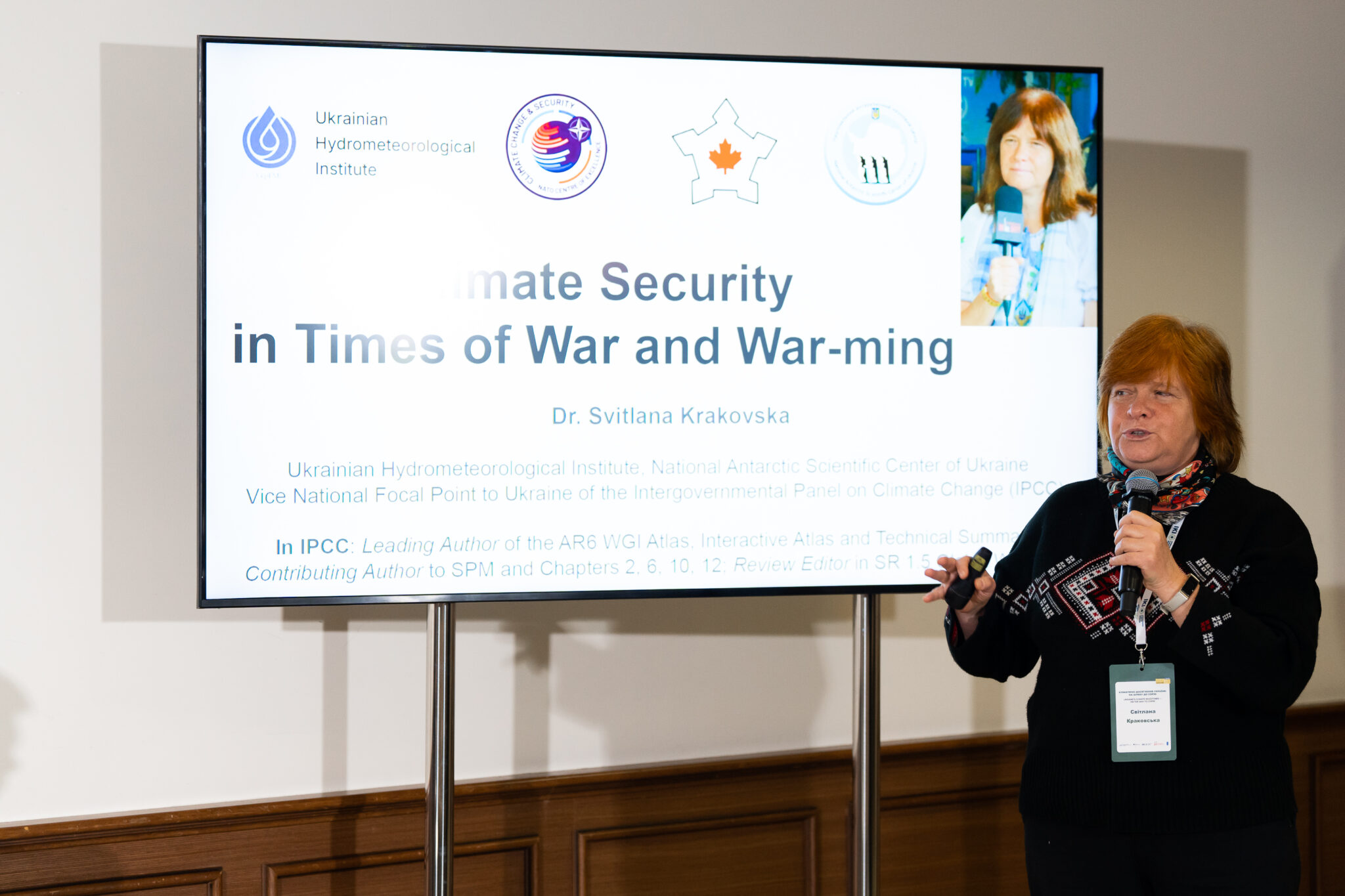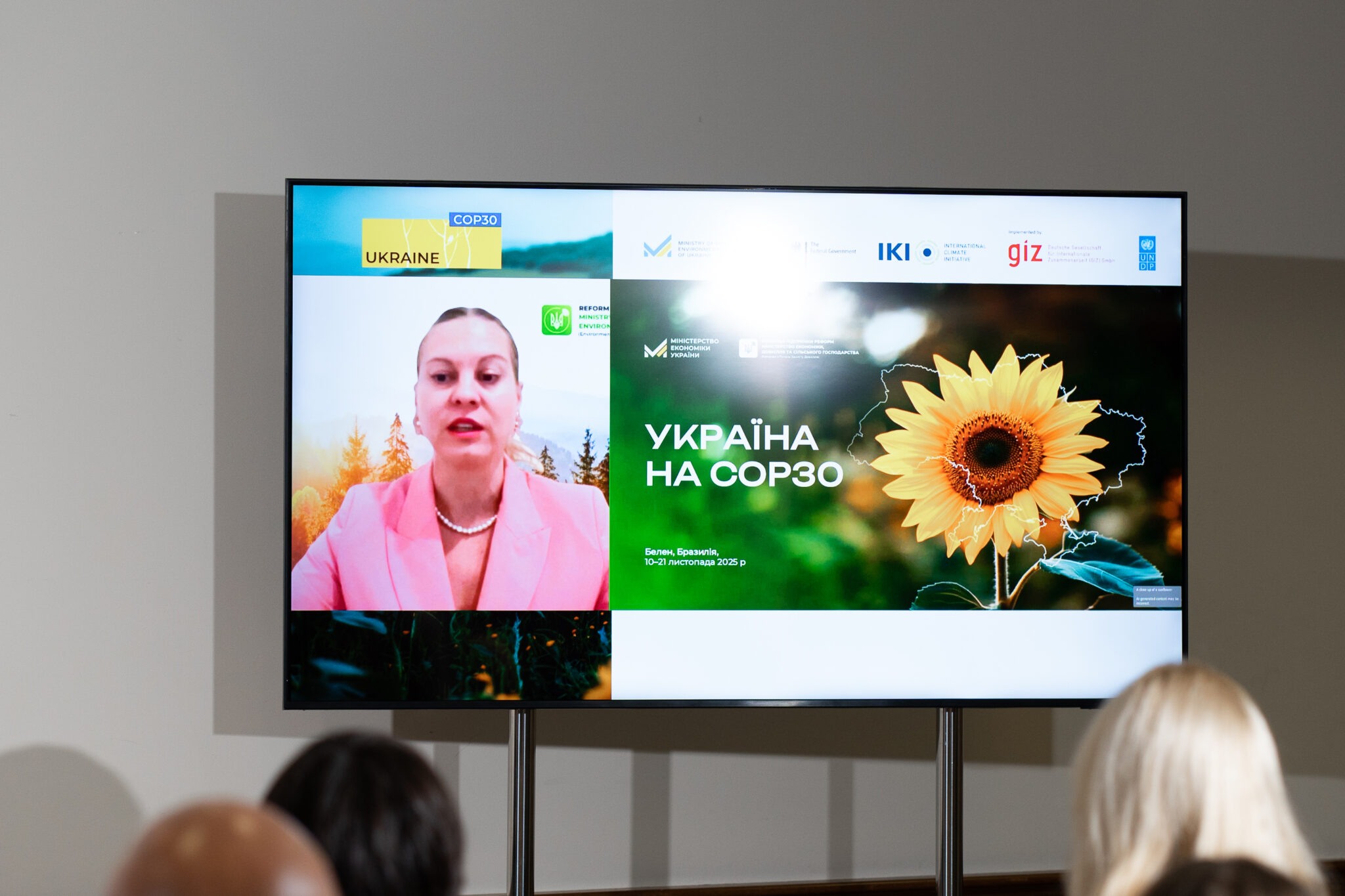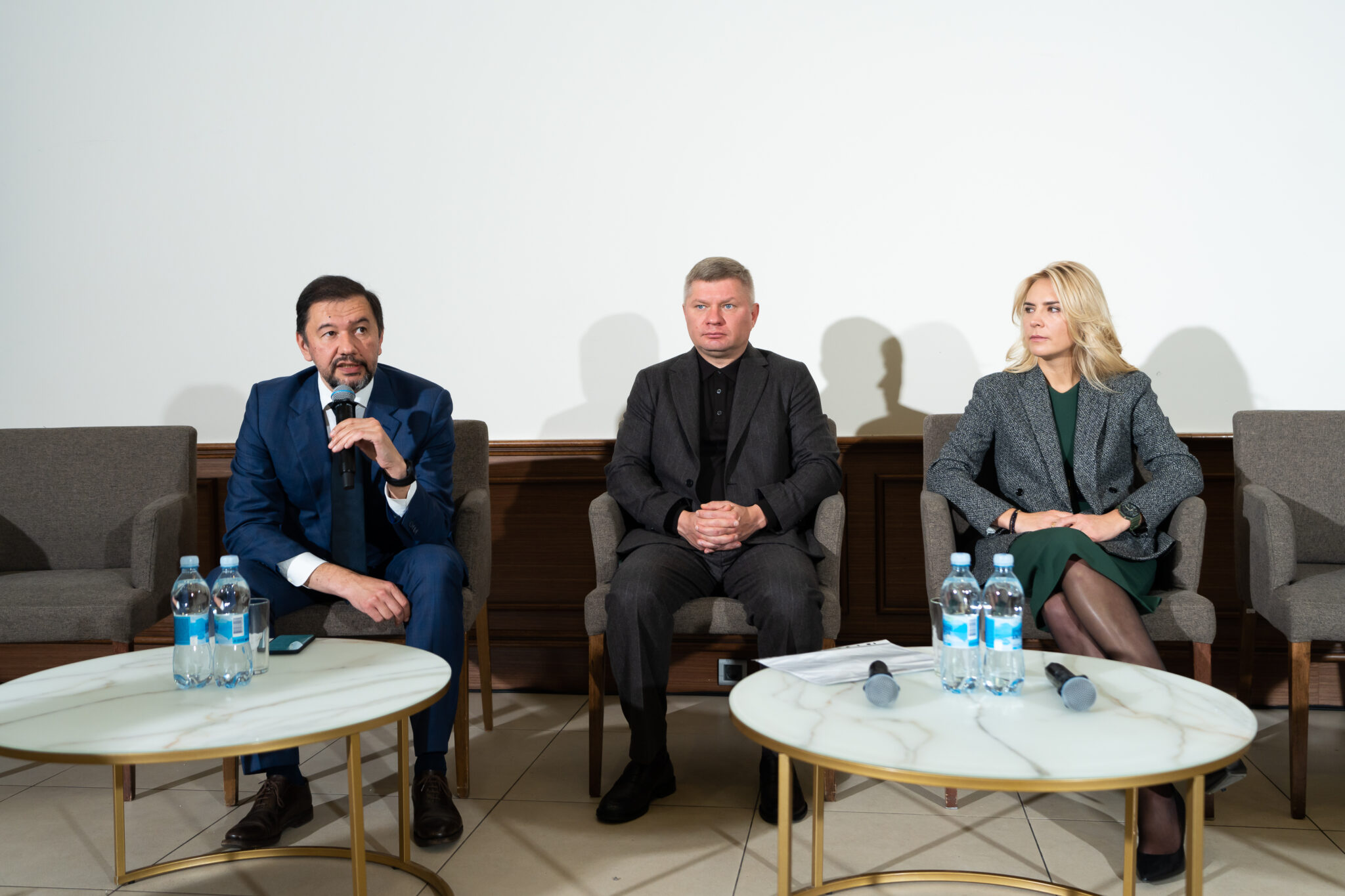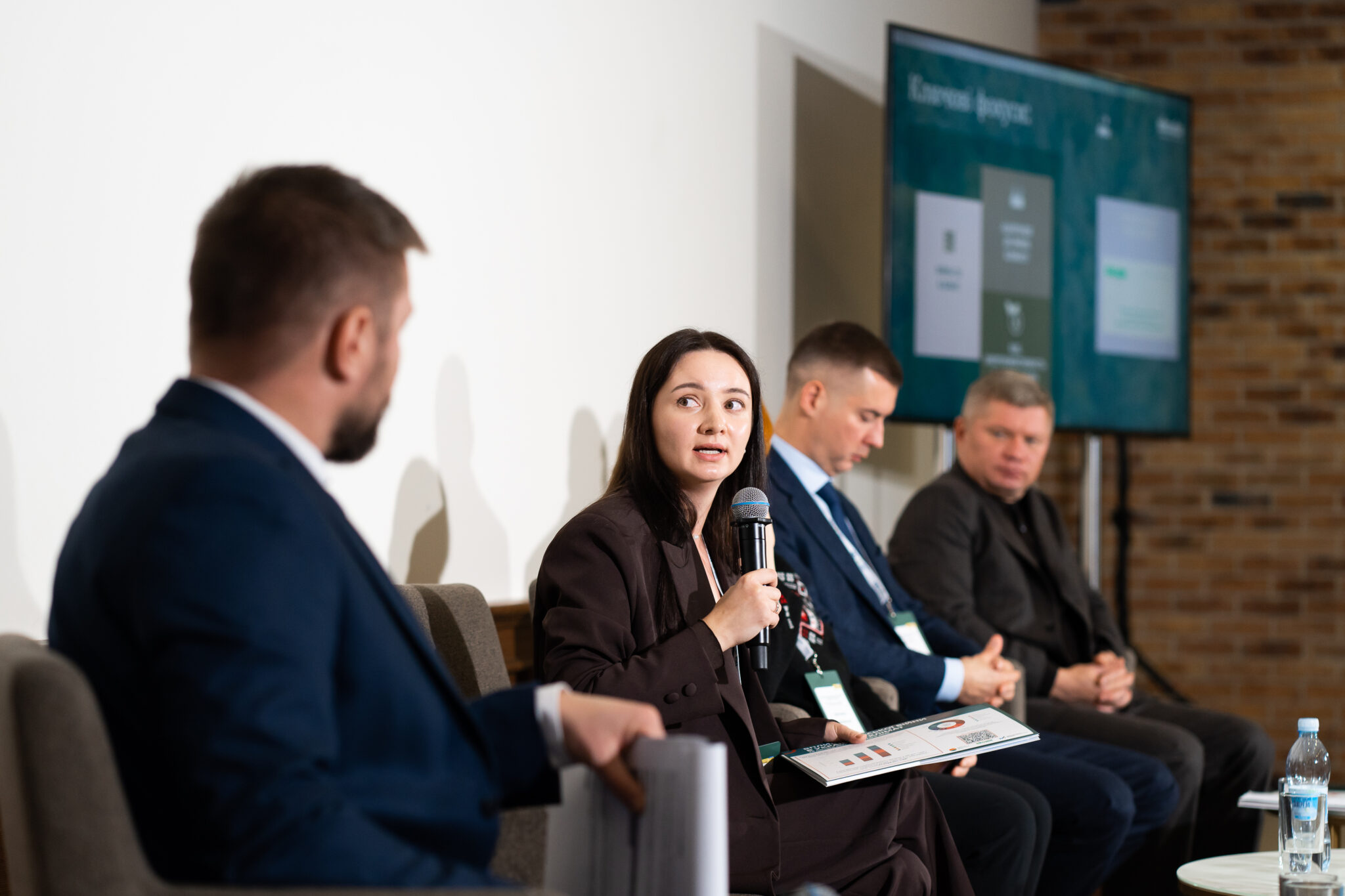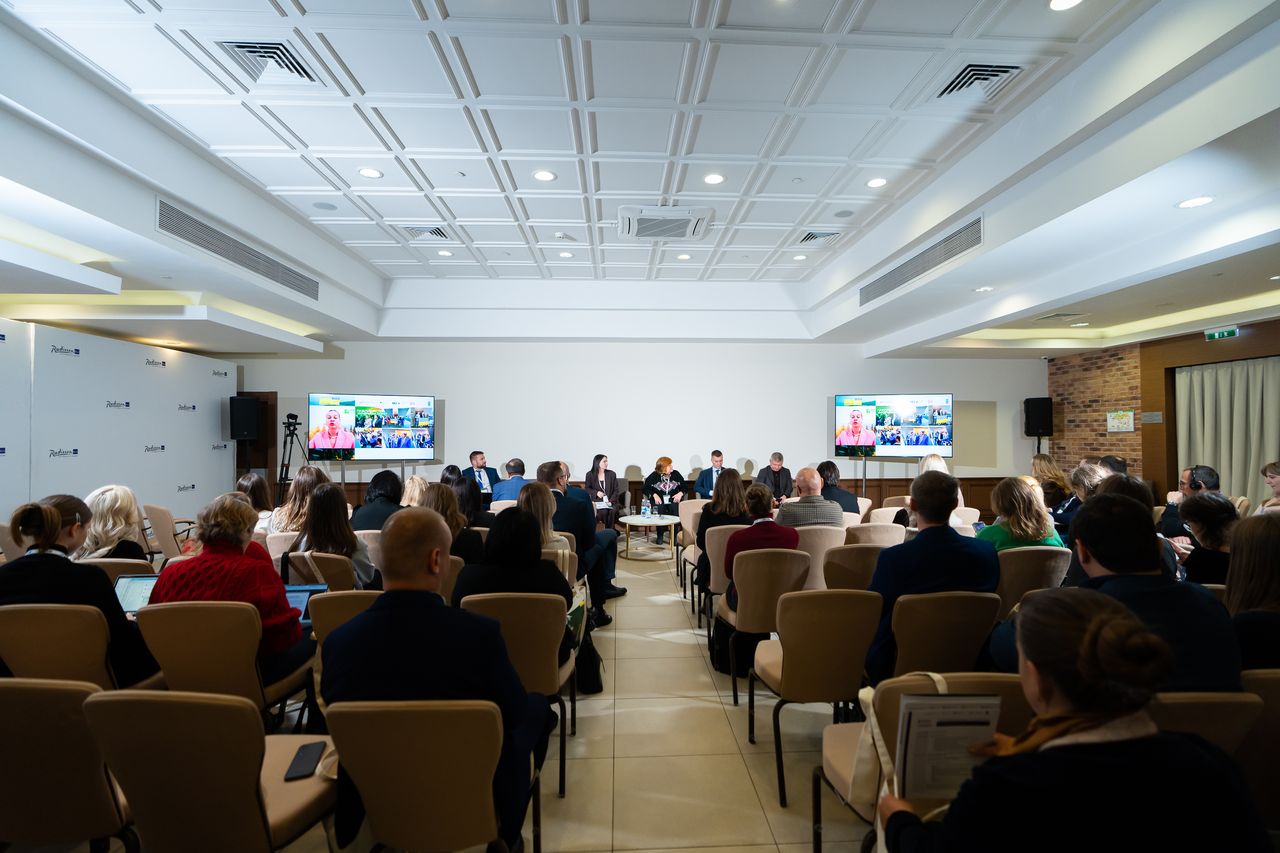At the panel dedicated to Ukraine’s preparations for COP30 in Belém, participants outlined the main approach: instead of ‘folders with documents,’ systematic work with measurable results, which has been ongoing for a year. The delegation will be formed as a ‘team effort’ between the state, business, scientists, the public sector and international partners. The goal is to showcase what has been done, agree on next steps and attract partnerships and funding for specific projects.
The panel emphasised that Ukraine is pursuing several key tracks in parallel: launching and publicly co-developing an emissions trading system (ETS) model with businesses, preparing to implement the mechanisms of Article 6 of the Paris Agreement, and engaging in extensive communication with international financial organisations. The approach emphasizes speed, quality, and continuous measurement of policy impact. COP30 is seen as an annual ‘exam’: what has been done, what is missing, and what are the plans for the next term.
A special highlight is the Ukraine pavilion in Belen. Despite the more modest space available this year, the team is preparing a rich programme with over two dozen events and a striking exhibition concept of a ‘time capsule’ that contrasts destruction and restoration. Ukraine will broadcast five thematic blocks: war and climate (including methods of recording damage and legal instruments), climate policy updates and results despite the war, food security, balanced (green energy) recovery, and innovation/start-ups.
UN and UNDP representatives emphasised the fact that the global energy transition is accelerating, and economic growth is increasingly decoupled from emissions. For Ukraine, this presents an opportunity to leap forward by accelerating the implementation of energy efficiency, decentralization, and clean energy generation as elements of climate and energy security. The EU and Ukraine expressed their commitment to updated NDCs by 2035 and to achieving climate neutrality by 2050. Ukraine’s first biennial transparency report was praised as a sign of its technical capacity and political will.
The war and climate section contains specific details. Ukraine will promote integrating the climate component into international compensation mechanisms for damages. At the same time, Ukraine will continue making national decisions regarding data recording and validation. There is a separate emphasis on the topic of adaptation. The formation of global progress indicators is important for their subsequent integration into national, sectoral, and regional strategies.
Viktor Smal, the head of the State Forestry Agency of Ukraine, presented the results of the industry reform and plans for cooperation. The European Commission has recognized Ukraine as a low-risk country for timber exports. Digital traceability and exchange trading have been introduced. Despite losing part of the forest fund to occupation and mining, the industry’s financial indicators have grown significantly. Ukraine is abandoning clear-cutting in the Carpathians and transitioning to “close-to-nature” forestry. The country is developing closed-root forestry and systematically preserving self-forested lands. Two proposals will be presented at COP30: the remote demining of forests using modern technology and a mechanism to compensate communities for preserving self-forested areas, as well as the search for “green finance” for these solutions.
The business emphasized that renewable energy and storage systems are important not only for the climate but also for national security. Examples of renewable energy project construction during wartime and the launch of large-scale energy storage systems demonstrate the practicality of investing now rather than “after victory.” Partnerships that mitigate risks and open up financing for such projects are formed at COP.
Civil society has once again confirmed its role as a “bridge” between the official process and international stakeholders. Despite restrictions on actions in the COP zone, NGOs are focusing on expert participation in negotiations, advocating for Ukraine’s positions, coordinating with the government, and communicating Ukrainian solutions to the world, including methods for calculating losses and local green recovery initiatives.
The panel’s overall conclusion is that: Ukraine’s presence at COP30 will be meaningful and pragmatic. Ukraine is not presenting “plans for the sake of plans,” but rather a set of proven tools and projects that require partnerships, technologies, and capital. The focus is on the synergy between the state, businesses, scientists, communities, and international organizations, transforming the annual conference into a platform for making decisions about recovery, security, and long-term climate resilience.
